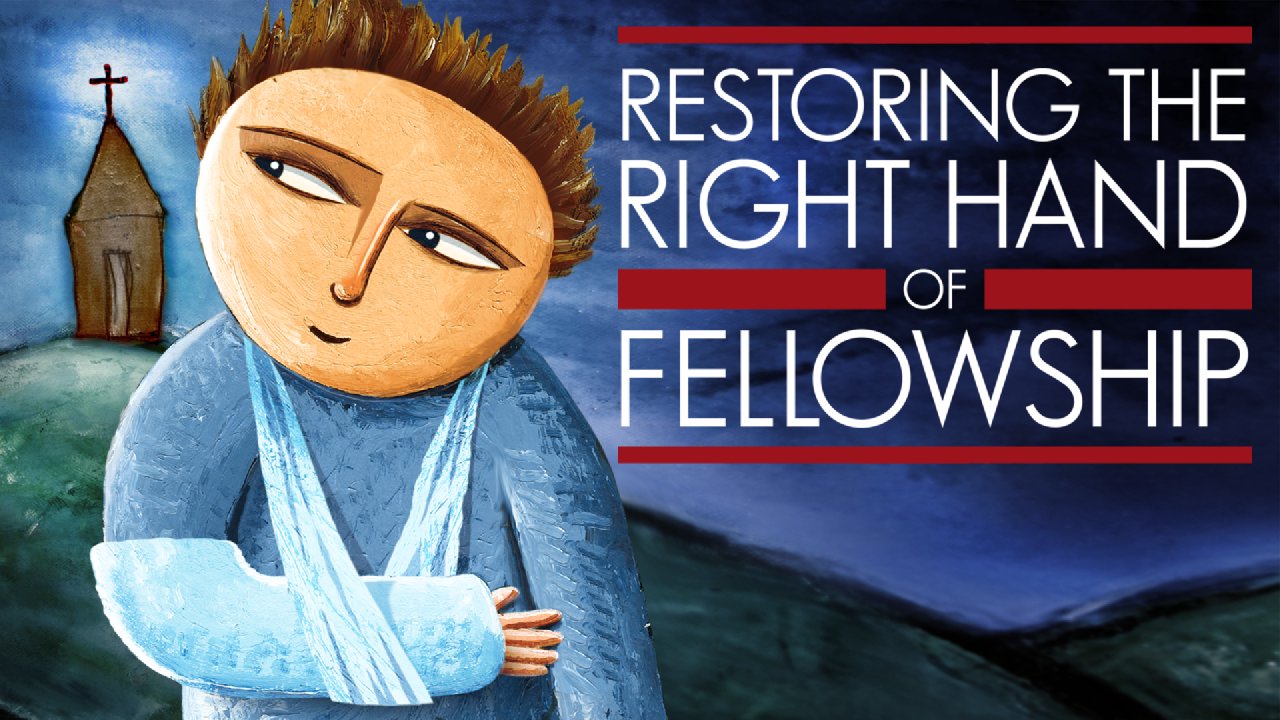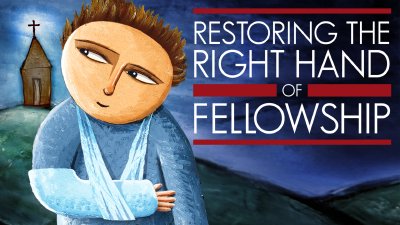Dear OBC Family,
Join us on Sunday as we move from 1 John to 2 John.
In pursuit of learning what true fellowship looks like, we are going to consider the short epistle of 2 John. Only 13 verses long, this letter is filled with instructions for standing in the truth and loving one another in obedience to God’s truth.
As Scripture teaches, the only fellowship that lasts is one committed to the truth. And in this letter, we learn a little about what that truth is and how to pursue love when truth is compromised. Indeed, elect ladies (local churches), their sisters (other churches), and their children (individual members)—you’ll find these terms in 2 John—as well as church elders all play a part in protecting the church from error and pursuing love in truth. And in 2 John we will find help in all of these things.
So take time to read 2 John. While you are at it, read 3 John too. We will look at that next week, Lord wiling. Pray for our gathering together and that God would continue to sanctify Occoquan Bible Church as we look to him and worship Christ our Lord.
God is good and I look forward, as God wills, to joining you on Sunday to worship our good God.
For His Glory and your joy,
Pastor David
---------------------------------------------------------------------------------------------------
Discussion & Response Questions (2 John 1:1 – 13)
1. What is the big idea of 2 John? What are the key words or ideas?
2. Who is John writing to? And how does the corporate (elect lady) and individual (and her children) addressees inform our understanding of the church?
3. What role does truth play in the command to love one another? How does a church member or an elder demonstrate their love?
4. What is the problem he is addressing? How does he begin to resolve that problem?
5. What is the false teaching that is happening here? Is this the only kind of false teaching that churches should address?
6. Read Romans 16:17–20; Titus 3:10–11; 1 Timothy 6:1–10. What does this passage say about false teaching? What role does the church have in responding to falsehood? Falsehood that is not the full denial of Christ, his humanity, or his deity?
7. What house is John talking about in verse 10? What applications does this have for the church?
8. Why does John want to see his audience in person? What does that teach us today?
9. Paul speaks of another local church (your elect sister). How should local churches relate to one another? Do local churches have any part to play in serving or protecting other local churches?






